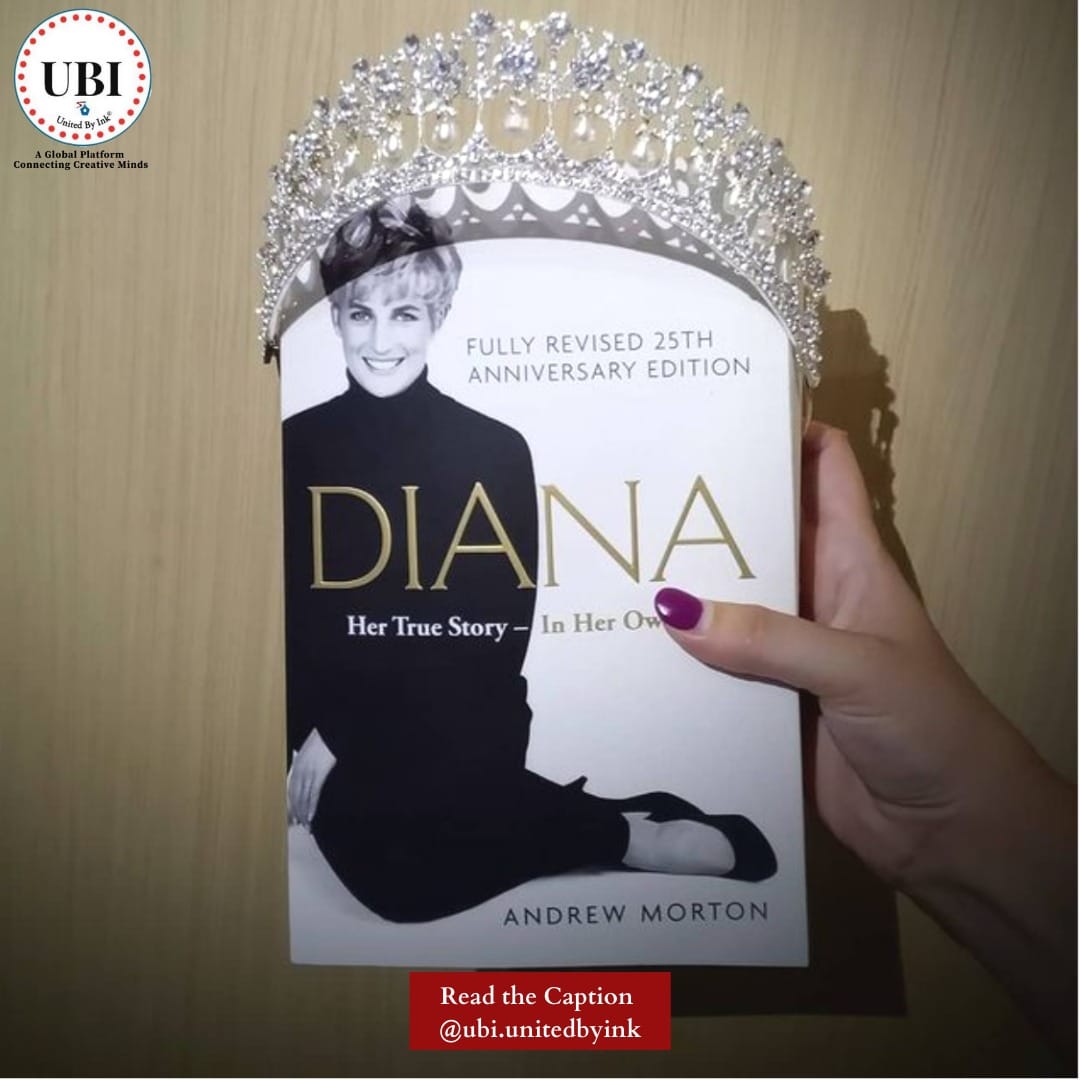
Andrew Morton is an English Journalist who is known for his biographies on various people in the limelight some of whom were members of the Royal Family- including Diana, Princess of Wales and Duchess of York. Although his books contain contested and unauthorised bits, he is still widely known to work very closely with the subjects of these biographies- determined to tell their truth.
The book was published in 1992 by Mr. Morton in accordance with Diana’s wishes and her family’s cooperation. It was a translated transcript of the tapes that Diana recorded in secret in 1991-92 and had them delivered to Mr. Morton. The biography, although not written by her, was in fact in her own words.
Diana, Princess of Wales approached Andrew Morton to convey her story to the public of the United Kingdom and speak her truth. As Andrew says in the book, “Diana knew her message; she was struggling to find a medium.” But she found her medium via this biography.
The biography outlines a very clear picture of Diana, her life then and what was going on inside her head. It is a true insight into royal life for someone who wasn’t born into the family but in fact, had to simply adapt to it after marriage. It is an honest narration of someone’s life which was romanticized by the media for so long until the excerpts from the book destroyed the ‘fairytale’ image of her life. The Royal Family was known to keep it tight-lipped with no insight to anything going on in their personal lives- to a point where people began to question if they were human enough and had humane problems.
The book single handedly changed her life. She became real to British masses through the pages of the same book. People read her in those pages and tried to relate to her struggles as anyone offering their sympathies would. Morton speaks of her as a human more than a Princess which the book reveals was merely a title. It doesn’t reduce her to just a person with her problems- it made her a beacon of hope for many. Morton discloses her conversation about her struggle with Bulimia (an eating disorder) among many things such as her emotional state then, her marriage which was quickly unravelling like a mystery plot but none was in public eye until he wrote it.
Besides telling her story, the book was a way of taking control of her narrative which had been overshadowed by the narrative of her beauty for so long- but more than that, it shifts the power in Diana’s hands to tell her story. Morton talks of the little tips Diana would pass onto him about the happenings in Prince Charles’ administration and the small joys she would derive from it.
Morton describes in simple but crisp detail how the tapes were delivered to him by her friend Dr. Colthourst at cafe Ruislip which was frequented by construction workers. The readers feel a jolt of excitement when he talks of the writing process of the biography- it seems no less than the trio carrying out a covert operation. And as it turned out, the interview for the autobiography was a historical one. Morton does not only touch on Diana’s humanitarian work and the vision she had for herself, he emphasises her anxieties, Charles’ affair with Camilla which would come to light years later and her children- her intense love for them.
The story had backlash of course, but it was a sort of release and a confessional- Morton and Colthourst helped Diana find her footing again. It talks of her childhood which is described as privileged but bleak in the absence of her mother and the loneliness that she was introduced to just as a child. It became a running theme in Morton’s narrative as he paints her in the hues of a survivor and not a victim. He alludes to the fact that though Diana grew up into a confident woman, she was still looking for love, reassurance and emotional comfort she had lacked her whole life. The readers begin to see a tired side of the Princess and a woman who was incredibly lonely but still full of love, humble and a giver.
However, the autobiography does not just talk of Diana, it provides a peek into the lives of various characters who were talked about- Charles & Camilla and the Royal Establishment. Morton throws light on her struggles with mental health issues where she disclosed to him her suicide attempts and how often she thought of disappering. And he wrote of his discussion with Diana about her postpartum depression, things that were uncommon and talked of in hushed tones in the early 90’s. She transformed the way these things would be looked at and talked of in coming years and Morton made her the voice of many.
The book gives the readers the true sense of ‘chasing’ a story. It’s as if Diana’s friends were spilling details themselves onto the pages. The narration is paced well but the details of happenings ravel one after the other as if a sweater coming apart once the right strings were pulled.
How useful was this post?
Click on a star to rate it!
Average rating 0 / 5. Vote count: 0
No votes so far! Be the first to rate this post.

UBI stands for United By Ink®️. UBI is a Global Platform- the real-time social media interactive forum created for Readers, Writers and Facilitators alike.This platform aims to help creative souls realize their writing goals.
Click on our representatives below to chat on WhatsApp or send us an email to ubi.unitedbyink@gmail.com
